Maya is a building-physics engineer and computational designer who links rigorous analysis with clear architectural intent. She has delivered facade strategies for mixed-use and workplace projects across Europe, guiding teams from early climate reading to documented choices a client can act on. Her teaching style is methodical and calm, showing how to reduce noise, set realistic targets, and explain trade-offs without jargon. She is frequently brought in to review schemes before planning to de-risk glare, overheating, and comfort issues, and to help practices build lightweight tools they can maintain in-house after the workshop.
- climate analytics
- shading logic
- team coaching

%202.avif)














.avif)